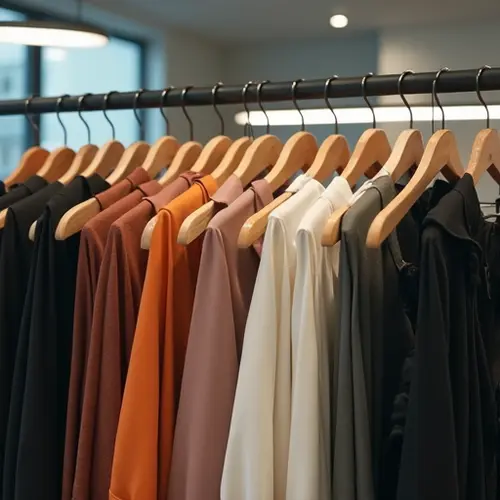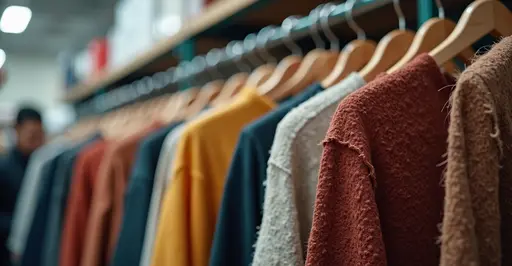The Decline of Fast Fashion
Once a dominant force in the retail industry, fast fashion is facing a significant decline in growth. The rise of sustainable alternatives, such as rental and resale models, is reshaping consumer behavior, particularly among Gen Z. Regulatory pressures and growing environmental awareness are further accelerating this shift.
The Rise of Sustainable Alternatives
Brands like Rent the Runway, ThredUp, and Depop are gaining traction as consumers prioritize sustainability over disposable fashion. These platforms offer rental and resale options, reducing waste and promoting circular economies. According to recent studies, the secondhand market is projected to double by 2026, reaching $77 billion.
Gen Z Driving Change
Younger consumers are leading the charge against fast fashion. A 2023 survey revealed that 75% of Gen Z shoppers prefer sustainable brands, with many willing to pay a premium for eco-friendly products. This demographic's influence is forcing traditional fast fashion giants like H&M and Zara to rethink their strategies.
Regulatory Pressures
Governments worldwide are introducing stricter regulations on textile waste and labor practices. The EU's Circular Economy Action Plan and similar initiatives in the U.S. are pushing brands to adopt more sustainable practices. Non-compliance could result in hefty fines and reputational damage.
The Future of Fashion
While fast fashion isn't disappearing overnight, its dominance is waning. The industry is at a crossroads, with sustainability and ethical practices becoming non-negotiable for consumers and regulators alike. Brands that fail to adapt risk being left behind.

 Nederlands
Nederlands
 English
English
 Deutsch
Deutsch
 Français
Français
 Español
Español
 Português
Português










